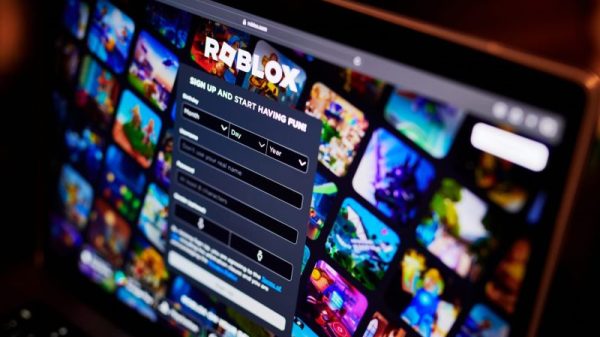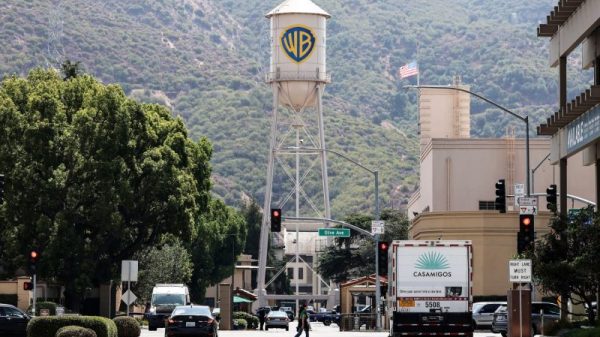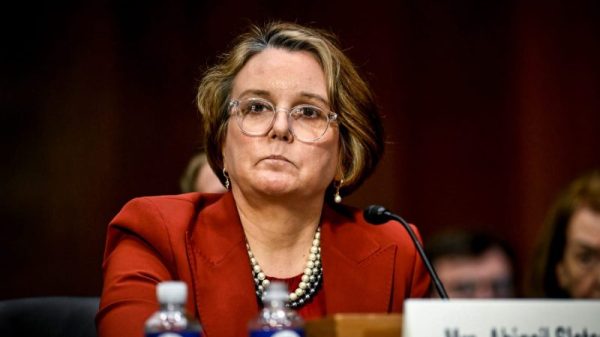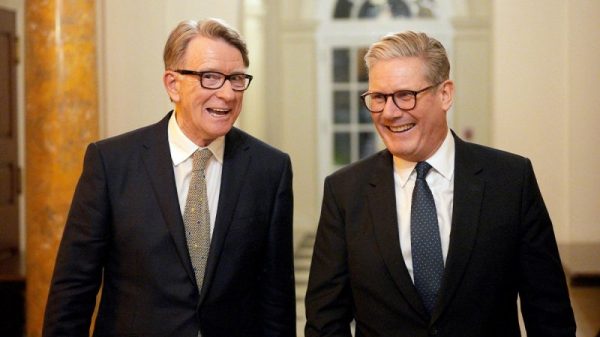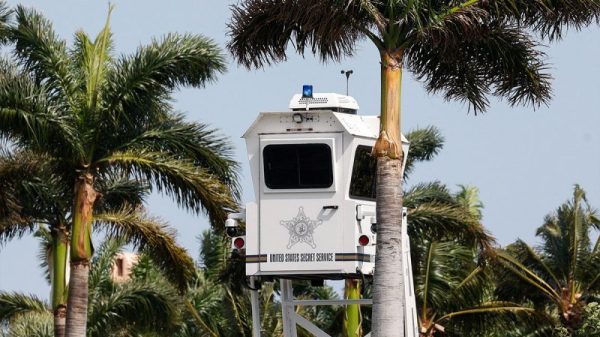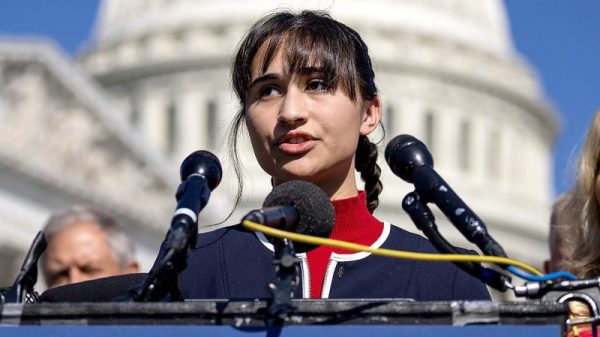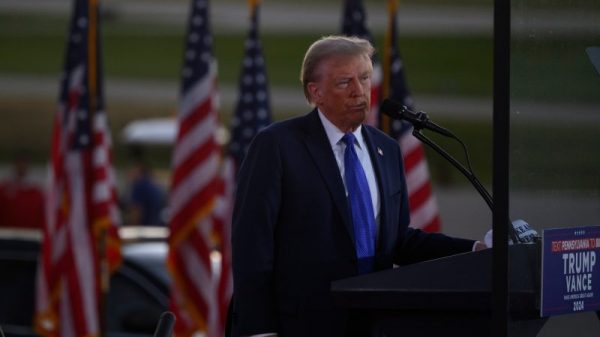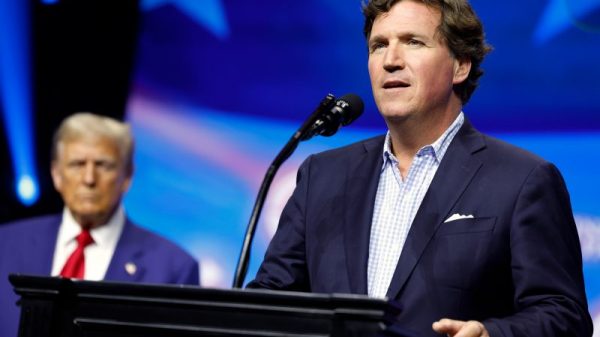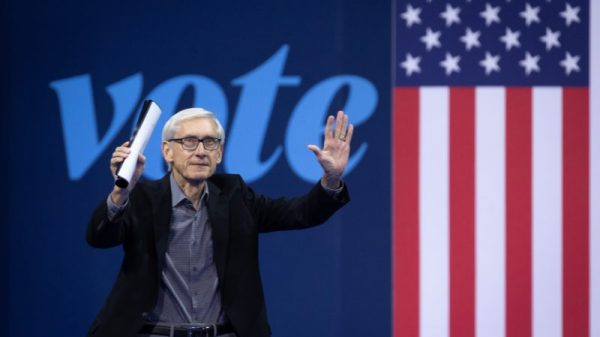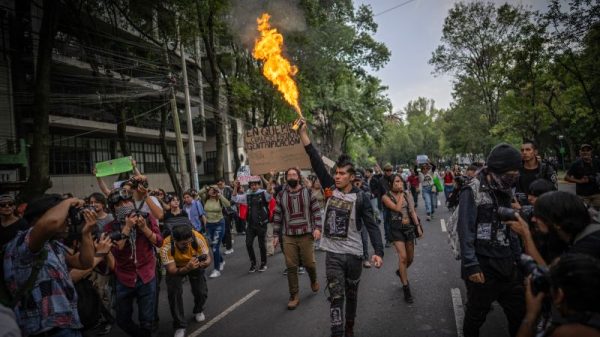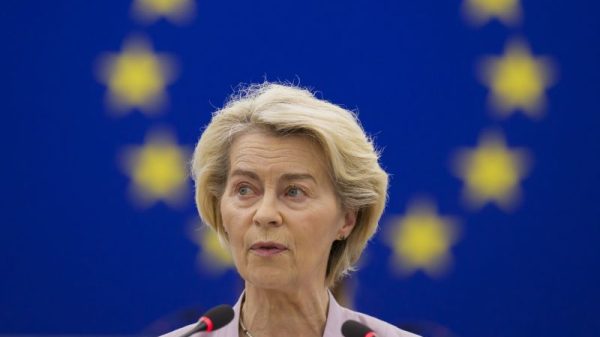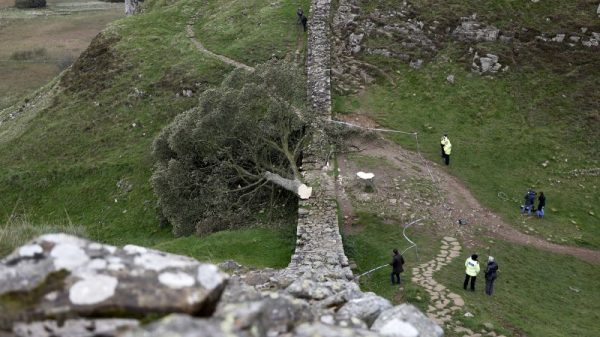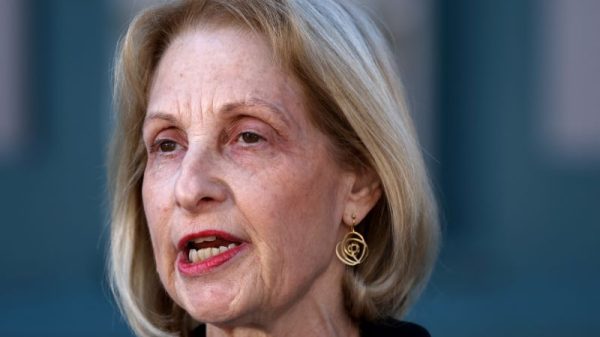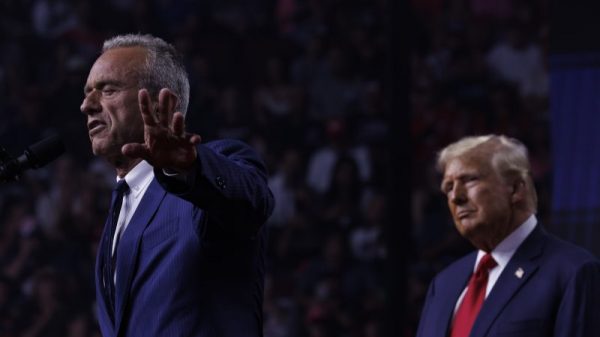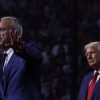Canadian Prime Minister Justin Trudeau soared to victory in 2015 on the promise of change and “sunny ways” for the country.
Nearly a decade later, a dark storm cloud has descended upon his increasingly unpopular administration, with the resignation of a top Cabinet minister over a dispute about how to manage US president-elect Donald Trump’s tariff threats.
The abrupt exit Monday of finance minister and longtime Trudeau ally Chrystia Freeland – and her public rebuke of her boss – stunned Canadians and threatened to further unravel the government of a country known for its stability.
Trudeau’s already shaky hold on the country has now become more tenuous as pressure builds on him to step down.
Here’s what’s happening and what it means for Canada.
Who is Trudeau?
Justin Trudeau, a former high school teacher and the eldest son of Pierre Trudeau, one of Canada’s most well-known prime ministers, was elected in 2015 with a decisive parliamentary majority for his Liberal party.
One of the country’s youngest-ever leaders, Trudeau quickly became a poster boy for Canada’s progressive values on the global stage – acting as an antithesis to Trump during the incoming US president’s first term.
Trudeau won successive elections in 2019 and 2021, but his popularity has steadily declined since as Canadians have become frustrated with political scandals, reneged promises and the economy, among other issues.
A viral video of a tense exchange between Trudeau and a steel worker complaining of the high cost of living came to embody the growing resentment many Canadians felt towards Trudeau.
“You’re not really doing anything for us, Justin,” the worker said.
Trudeau’s political downfall solidified in recent months after the Liberal party lost a couple of historically safe seats in by-elections, prompting some within Trudeau’s caucus to call for him to step aside.
In a particularly telling sign of the prime minister’s unpopularity, more Canadians now regard the incoming American president more favorably than they do Trudeau – 26% to 23% respectively in recent polls, according to David Coletto, CEO of Abacus Data.
The last time Canadians were polled about Trump, in November 2020, just 11% viewed him favorably, Coletto said.
What sparked the latest crisis – and how is Trump involved?
On Monday, Finance Minister Freeland quit her post hours before she was due to deliver an annual fiscal update.
Her shock announcement came after Freeland said Trudeau had tried to demote her, following a disagreement between the two politicians over how Canada was handling the threat of tariffs by Trump.
Canada, home to about 40 million people, is one of America’s largest trading partners and closest allies.
Freeland, who has long been seen as a potential successor to Trudeau, said she and the prime minister had become “at odds about the best path forward for Canada,” in her resignation letter posted to social media.
She and Trudeau had disagreed in recent weeks about a two-month sales tax holiday and 250 Canadian dollar ($175) rebates for most workers – policies widely seen as tactics to win back voters.
“Our country today faces a grave challenge. The incoming administration in the United States is pursuing a policy of aggressive economic nationalism, including the threat of 25 per cent tariffs,” Freeland said.
“We need to take that threat extremely seriously,” she said, arguing that Canada must eschew “costly political gimmicks” in favor of “keeping our fiscal powder dry” so “we have the reserves we may need for a coming trade war.
Canadians “know when we are working for them, and they equally know when we are focused on ourselves. Inevitably, our time in government will come to an end,” said Freeland, who wrote that she will stay in parliament and plans to run again.
Freeland, a former journalist for The Financial Times, Reuters and the Globe and Mail, was a key interlocuter with the first Trump administration and negotiated the US-Mexico-Canada Agreement.
Her resignation, from an American perspective, is akin to a vice president stepping down, said Tari Ajadi, assistant professor of political science at McGill University – and not going quietly, but “deciding to resign because they disagreed fundamentally with the direction of the government, the country, and because they were convinced they would lose the next election.”
Can Trudeau stay in power?
Trudeau has so far been adamant that he will stay on as prime minister and has yet to directly acknowledge Freeland’s exit.
But experts see little path forward for the embattled Liberal leader.
“I just don’t see how he recovers,” said Tyler Chamberlin, associate professor at the University of Ottawa’s Telfer School of Management.
“If it was almost impossible for him to come back, to be competitive again, to convince Canadians or change their minds about him, I think this basically makes it impossible now,” Coletto said.
Freeland’s departure has exposed the fissures within Trudeau’s own party and has emboldened more of his own caucus to call for his resignation.
Canada’s three opposition leaders have also called for Trudeau’s departure.
“This is not a government that has much life in it at all,” Ajadi said.
Canada’s next federal election must legally be held by next October. It could happen earlier if Trudeau calls it, or if lawmakers trigger a no-confidence vote.
Polls show if an election were held today, Pierre Poilievre’s opposition Conservative Party would earn a decisive victory.
What does this mean for Canada?
While Trudeau’s political survival hangs in the balance, Monday’s events have thrown a country that is widely considered to be a stable – and even boring – middle power into disarray, Ajadi said.
With the promise of tariffs on the horizon and little goodwill between Trudeau and Trump, the loss of Freeland is also a loss for Canada, said Chamberlin.
Following a visit by the Canadian leader to Mar-a-Lago to convince Trump to ease up on tariffs, the incoming US president has thrown jabs at Trudeau, calling him “governor” and referring to Canada as the 51st state.
“The Great State of Canada is stunned as the Finance Minister resigns, or was fired, from her position by Governor Justin Trudeau,” Trump said on his social media platform Truth Social. “Her behavior was totally toxic, and not at all conducive to making deals which are good for the very unhappy citizens of Canada. She will not be missed!!!”
Forty years ago, Trudeau’s father Pierre famously took a reflective evening walk through an Ottawa snowstorm before deciding to resign as prime minister of Canada.
Now, with snow falling across most parts of the country, it may be time for the younger Trudeau to take his own walk, Coletto said.






